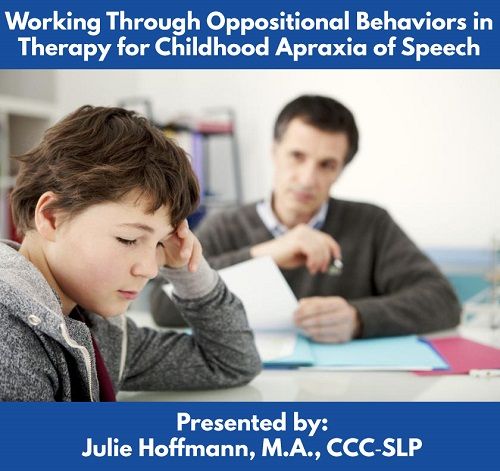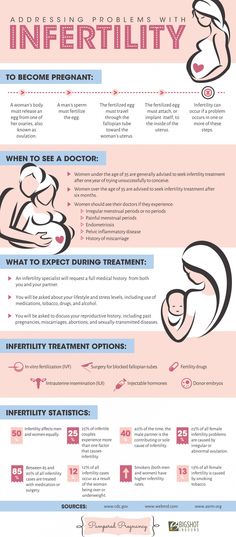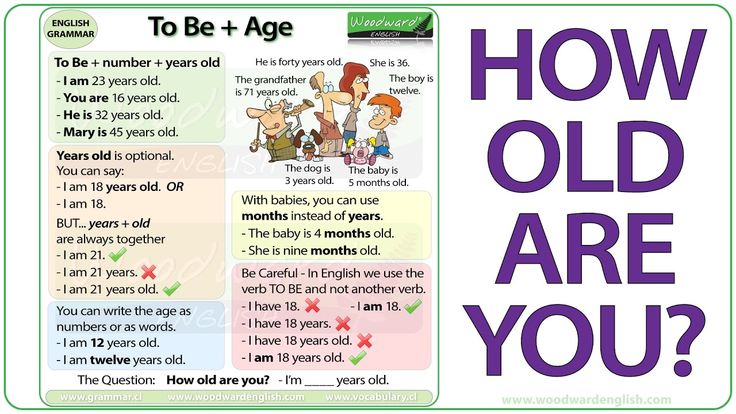How to help a child focus without medication
11 ways to help your child focus without medication
The following article will provide 10 different methods for parents to help their children focus without the use of medication. Some of these strategies are more traditional, like making sure your child gets enough sleep and eats a healthy diet. Others involve some creativity, like using an app that tracks your child’s phone usage or playing outside with them instead of on screens. Try out one or two at a time and see which work best for you!
If you have a child with ADHD or ADD it is really hard to get them to focus at home or in school. Here are some of the best ways to help your child focus.
- Start a daily routine. Your child’s day should start and end with the same things: breakfast, morning activities (like brushing teeth), time to play outside or read for 15 minutes, lunch, afternoon activities (like reading aloud together), dinner, bath time and bedtime. Try to keep it as consistent as possible so your child knows what is expected of them each day.
Kids with ADHD need routine even if they push against it!
- Encourage physical activity throughout the day. Active children are more focused than inactive ones! Encourage your child to break out their soccer ball during commercials while you’re cooking dinner or get them on an exercise bike when they can’t find something else interesting to do at home. You could also take this opportunity to play Wii with them so that they are active but also playing video games.
- Provide structure at school and home. Children with ADHD thrive on routine and knowing what to expect when they walk in the door after school or come home from a play date. Provide clear expectations for behavior, chores, homework time and bedtime so that your child has something concrete to follow each day.
- Encourage good nutrition & limit sugar intake. Healthy children are better able to concentrate than unhealthy ones! Offer healthy snacks instead of chips or cookies; keep sugary foods like ice cream, cake and donuts off limits most of the time but offer them as special treats only occasionally (like one per week).
 Many parents have found that limiting sugar helps enormously, while others don’t see much of a difference.
Many parents have found that limiting sugar helps enormously, while others don’t see much of a difference.
- Keep homework or chores a short duration. Set a timer so they can see how much time is left. Then let them get up and move around for a bit before doing it again. This helps their brains get the stimulation it craves as well as helps your kids be more willing to do their work.
- Break tasks into smaller segments. Most children with ADHD or ADD have trouble with executive functioning and are unable to do it themselves. The will look at a task before them and refuse to do it because they don’t know how to start or what to do first. Make it easy for them and they will likely focus very well.
- Make sure whatever room your child studies or does homework in is well lit and clean before starting this session so there will be no distractions when trying to focus on studying. It should also not contain any electronics unless they need it specifically (for example, if they are doing math problems).
 This means turning off TV’s, take iPods and tablets away, and generally making it a room for study only.
This means turning off TV’s, take iPods and tablets away, and generally making it a room for study only.
- Often times, children with ADHD need more than one task at a given time so they can focus better. They are easily distracted by things going on around them like people talking in another room, or other distractions (even if it’s just someone passing through that hallway). It may be helpful for your child to do homework while listening to music so they have something else to focus on besides these distractions. This also helps calm their brainwaves which is great for attention span because less scattered thoughts come into consciousness when you listen to music.
- Rewards are a very effective way to get your ADHD or ADD child to focus on their work. Sometimes the reward is just letting them go outside, so make it something they enjoy like going to their favorite restaurant or getting a new toy.
Download our free rewards chart here.
- Involve your child in decisions when possible and try not to be too strict with his schedule The more involved he feels about what’s happening, the less likely he will resist doing homework or chores. Have them help you come up with rules or strategies so they feel involved.
- Allow your kid to be a kid! There’s nothing wrong with playing a game, watching TV and taking breaks to get up from their desk. They need downtime as much as the next kid, just put limits on it or use it as a reward for finishing homework.
- Neurofeedback can help your child with ADHD or ADD resolve their inattention quickly, permanently, and safely. For more information on our home based training, click here.
Helping Your ADHD Child Focus Without Medication: The Complete Guide
Introduction
1. General Tips to Help Your ADHD Child Build Concentration Skills
2. How to Help Your ADHD Child Focus in the Classroom
How to Help Your ADHD Child Focus in the Classroom
3. How to Help Your ADHD Child Focus on Homework
4. The Impact of Diet and Nutrition on Your Child’s ADHD
5. Natural Remedies for ADHD
6. Therapies, Exercises, and Games to Improve Your Child’s ADHD
Conclusion
Want to take this eBook with you?
Enter your info to download the PDF:
Introduction
ADHD medications aren't for everyone.
Some kids experience side effects such as irritability, insomnia, decreased appetite, and even delayed growth after being prescribed stimulant medications to help manage ADHD symptoms.
If your child has been diagnosed with ADHD and does not take medication to treat ADHD, they’re not a hopeless case. Concentration, attention, and focus are skills your child can learn and strengthen.
Don’t get me wrong—it takes time, patience, practice, and cooperation with the right people. However, in the end, doing the work ensures your child has all the tools they need to succeed at school and in life.
However, in the end, doing the work ensures your child has all the tools they need to succeed at school and in life.
Additionally, kids with ADHD will usually benefit from having more than one 'intervention' at work to help them focus. So, if medication is a cog in the wheel for your child, there may be a few more focus-boosting tricks in this eBook to make things even easier.
Consider this comprehensive guide your starter kit to improve your ADHD child’s focus (without medication, or alongside of it). In it, I’ll discuss:
- General tips for focusing with ADHD
- How you can help your child focus in the classroom
- How to help them concentrate on that dreaded homework so it’s not torture
- How diet and nutrition can impact your child’s ADHD
- Natural remedies to try
- Therapies, exercises, and games you can play to build your child’s focus “muscle”
Ready to learn? Let’s dive into the first section, which includes general tips to help your child focus during their day-to-day activities.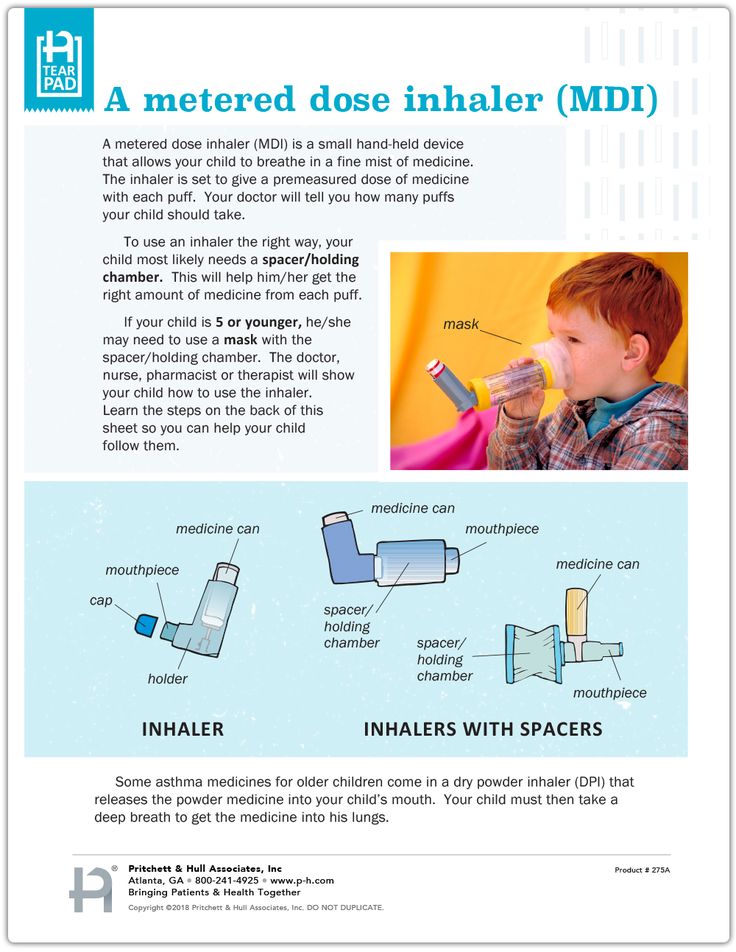
1. General Tips
Thinking of concentration as a skill that can be built up over time is a growth-focused approach to helping your child manage their ADHD.
Stay positive, patient, and don’t give up. Your child looks to you to set the tone for any challenge they face. Be a model for them and implement some of these tips to start building focus:
Break into Small ChunksFacing a huge task can seem insurmountable when you look at it all at once - especially for children with ADHD. Presenting your child with a giant project (i.e. complete these 30 math problems, clean your entire room, set the table with all the place settings) is a good way to set them up for failure.
More than likely, your child will start the task with good intentions, get distracted or lose focus, and then fail to complete it.
Instead, break big tasks into bite-sized jobs. Put all the focus on the smaller tasks, and when each is completed, take a break before diving into the next one.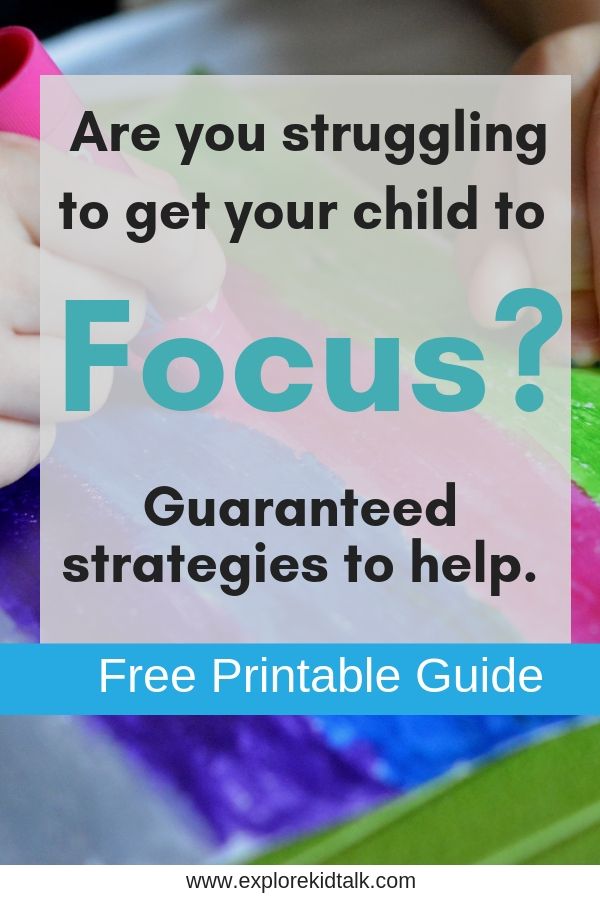
For example, instead of saying “do your homework,” say “let’s finish three math problems before dinner.”
Practice Deep BreathingResearch has shown that a group of nerves in the brain that regulate breathing are connected to the brain’s arousal center. When you keep your breath calm and slow, your brain is signaled to keep at an even keel, as well.
That’s why, when your child starts to display symptoms of ADHD and lose focus, taking deep breaths can help calm them, reduce anxiety, and re-center their attention.
Use a technique like deep belly breathing to help your child learn to slow down and concentrate when it gets tough. For best results, practice when they’re calm so they get the hang of the technique.
Encourage BreaksConcentrating is naturally harder for kids than adults. That’s why it’s important to let them take breaks between focus sessions – especially if your child has ADHD. Encourage them to get up, move around, and play during breaks so they can sit down again later feeling refreshed, revived and ready to be attentive and focused.
Exercise is an important player for any healthy lifestyle, but your ADHD child will benefit even more from daily movement and exertion.
Exercising causes stress hormones to drop, encourages the growth of brain cells, and creates new connections between them. On top of that, studies have shown that exercise encourages the growth of brain cells in the region called the hippocampus, which is responsible for memory and learning.
In short, daily exercise primes your child’s brain for learning how to focus. It helps them release excess energy, too.
However, while exercise is a big deal, team sports aren’t the only way to get your child moving. Children may also get their daily exercise through unstructured play – so let them loose in the backyard or on the playground, too.
2. How to Focus in the Classroom
According to research published in the peer-reviewed journal, Learning and Instruction, the average elementary school student is distracted 25% of the time.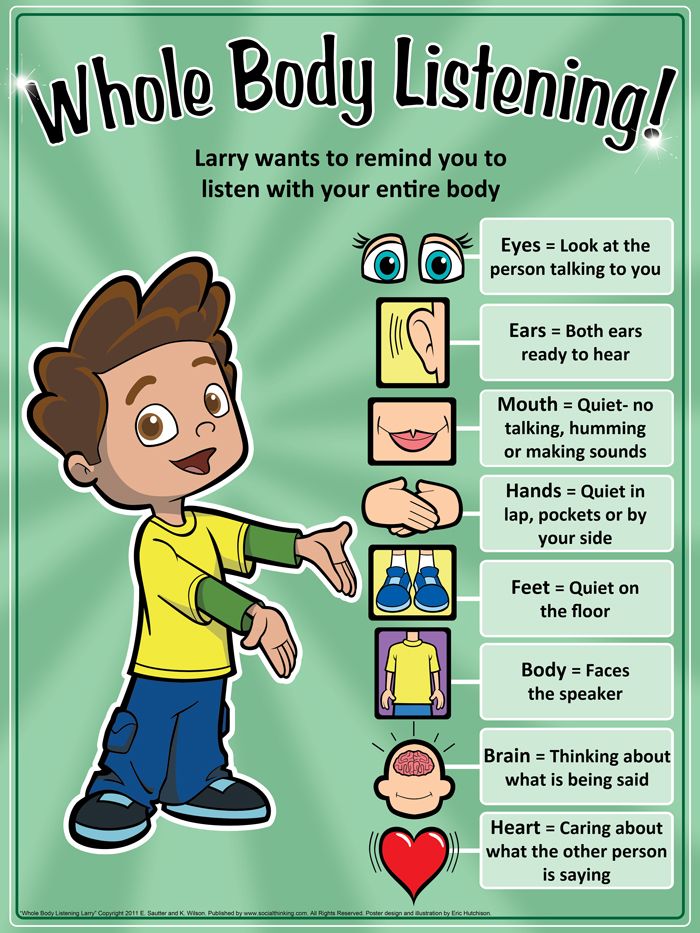 The study also found that attention spans generally decreased during long spans of instruction and when the teacher was engaging the whole classroom of students.
The study also found that attention spans generally decreased during long spans of instruction and when the teacher was engaging the whole classroom of students.
For kids who have Attention Deficit Hyperactivity Disorder (ADHD), situations like these represent more mountains to climb. Unfortunately, your child is going to run into these scenarios time and time again during their schooling – and you won’t be there to help.
Luckily, there are some ways you can help your child at home that will make it easier for them to focus at school.
Stick to a RoutineA good home routine, including a consistent sleep schedule and meals at roughly the same time each day, can do a lot to improve a child’s ability to focus at school.
When your child gets in a sleep routine, especially, they’ll go to school well-rested and ready to face the day.
When your child is lacking sleep, that could equal more trouble paying attention plus more irritability and frustration, according to a study published in Pediatrics.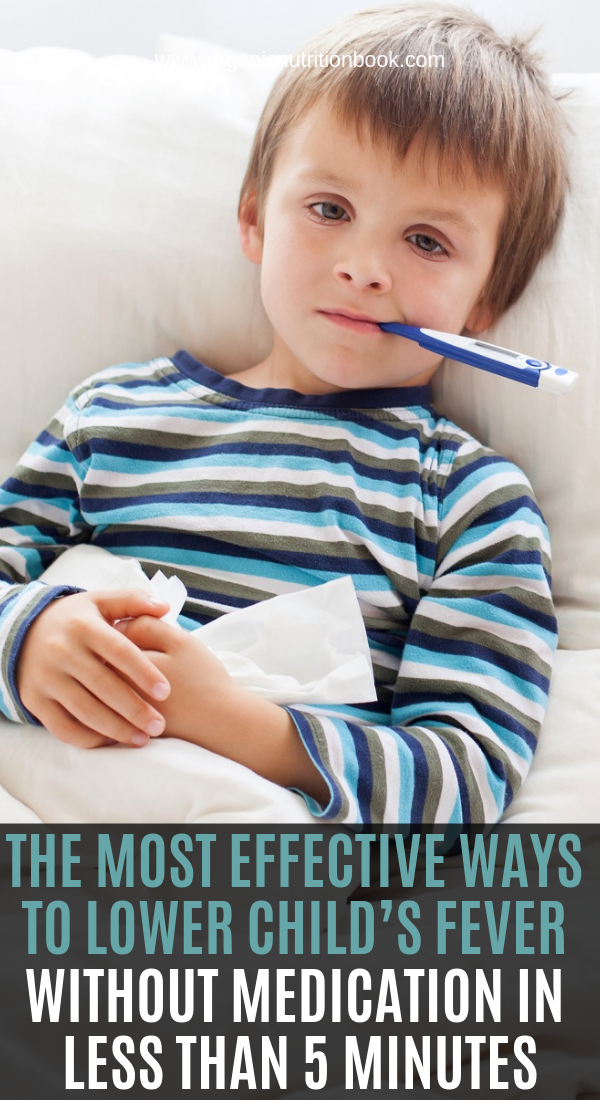 That means firm rules about bedtime (no ifs, ands, or buts) can actually help a child focus better in school.
That means firm rules about bedtime (no ifs, ands, or buts) can actually help a child focus better in school.
For antsy, hyper kids, a long day at school is akin to torture. Recess might not be enough to help them shake out their excess energy.
That’s why having an outlet for your child is a great idea. This can include team sports, gymnastics, or some other activity, but don’t rule out a good playground session or a game of tag with their siblings, either.
Today, scientists understand that play lights up the neocortex in the brain, which is responsible for higher-order functions like cognition, sensory perception, and language. Giving your kids free time to play and run around after school (without electronic devices) may help them perform better when it’s time to focus.
Limit Screen TimeKids who spend too much time in front of screens may be at a disadvantage at school.
Research has shown that kids who spend more than seven hours in front of an electronic screen incurred physical changes to their brains, including premature thinning of the cortex (which usually doesn’t happen until middle age). The same study showed that kids who spent over two hours per day in front of screens scored lower on thinking and language tests.
The same study showed that kids who spent over two hours per day in front of screens scored lower on thinking and language tests.
Bottom line? Limit your kids’ screen time, especially if they have ADHD. Children with ADHD are more likely to develop an addition to video games as a coping mechanism to deal with their busy mind. Instead, encourage non-screen activities and hobbies, like participating in sports, playing outside, or playing with toys, board games, or puzzles.
Set an ExampleLike it or not, your child notices your actions and models your behavior. If you’re constantly multi-tasking, not focusing on one activity, and gluing yourself to a screen at every opportunity, your child will have a harder time improving, themselves.
As they say, monkey see, monkey do.
Set an example of focus for your child. Practice giving one task your full attention. When you have a conversation, put down your phone and turn off the TV. During homework times and family mealtimes, limit distractions and encourage a focused environment (TV off!).
If you are an adult with ADHD, your efforts to help your child will benefit you as well!
Keep Track of GoalsTracking focus goals is a fantastic way to follow your child’s progress and celebrate their victories with them. Each day, set an attainable goal to shoot for, ideally a task that requires your child’s focus and concentration.
For example, set a goal of sitting down for 5-10 minutes of quiet time daily. Or, give them a few small chores weekly that need focus to complete, like making their bed or putting away their clothes. When they achieve their daily or weekly goals, record them. At the end of the week, tally up the goals they met and celebrate them.
This way, you’ll help your child build skills they’ll take with them to school – not to mention build their confidence.
Collaborate With TeachersYour child spends much of their weekday with their teachers. They will have a better idea of your child’s specific focus issues, including their gains and setbacks.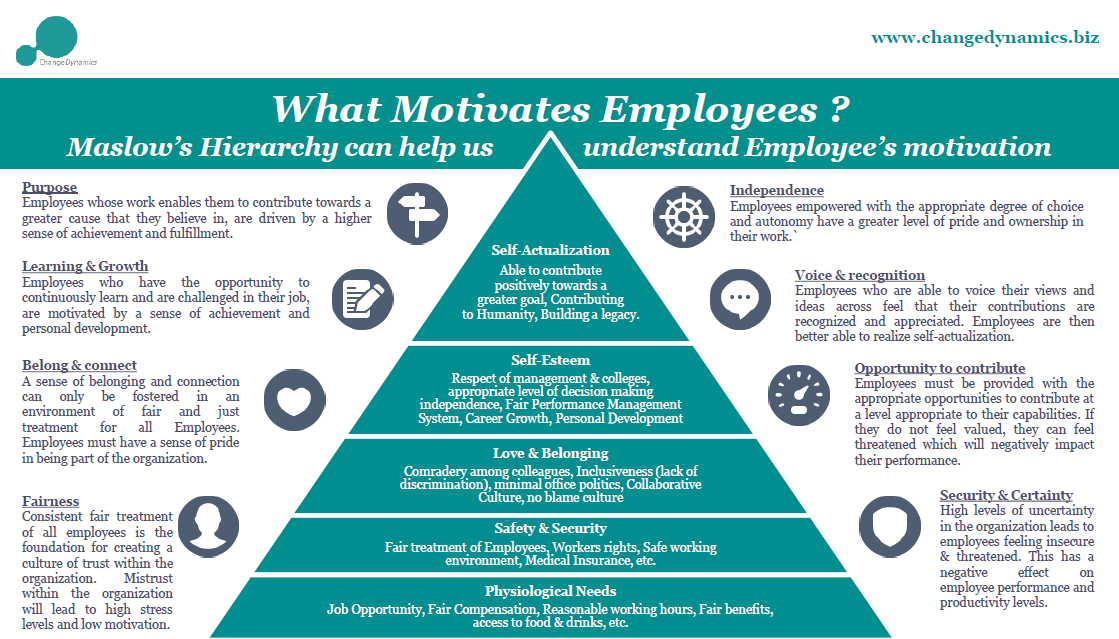
As such, make a point to meet with teachers for updates, and work on a plan together to ensure your child builds their attention and concentration skills in a positive way.
3. How to Focus on Homework
For most kids, school doesn’t end when the last bell rings. They often have homework they must complete by a deadline, too.
For a child who has trouble focusing, sitting still, or concentrating, homework is the last thing they want to do after a day full of focused activities they probably found very difficult.
However, there are ways to help them focus and get it done. Here’s how to help your child concentrate on homework.
Eliminate DistractionsThe more peaceful and distraction-free the environment, the better the chance your child has at zeroing in on their homework.
For starters, make sure the TV is turned off and phones are out of reach. Even if your child can hear the TV from where they’re working, that will more than likely make them lose focus.
With the above tip in mind, it may be a good idea to set aside a special “homework station” in your home – a particular place where your child can sit down comfortably, spread out, and focus on getting their schoolwork done.
Ideally, this area should have a desk or table, a good source of light, and be located away from busy areas of the house. No tasks other than study and homework should happen here, so when your child sits down in the homework station, they’ll know it’s time to buckle down.
Tackle One Small Task at a TimeOne mistake many parents make when helping their kids with their homework is spending too much time on a big task.
Instead, break homework time into smaller pieces. For example, instead of doing one 30-40-minute homework session per week, try 10-minute sessions 3-4 times per week. You’ll accomplish much more in the shorter sessions, especially if your child is usually antsy, distracted, and procrastinating for much of the longer session.
This strategy is called chunking, or micro productivity.
Take BreaksIf you must do a longer homework session, remember to take breaks throughout. Implement 10-minute sessions of focus with 5-minute breaks between them. During this time, your child can get up, move around, have a snack, and relax.
Adding breaks to homework time helps your child refresh and “get out the wiggles” so they can sit down and focus when needed.
Give Positive FeedbackWhen your child successfully focuses and completes their homework session, remember to offer praise and words of encouragement. A simple “good job!” will go a long way toward helping your child understand the importance of being able to sit down, focus, and complete what they set out to do.
4. The Impact of Diet and Nutrition
Along with your child’s habits and environment, of equal importance for improving focus and attention are their diet and nutrition.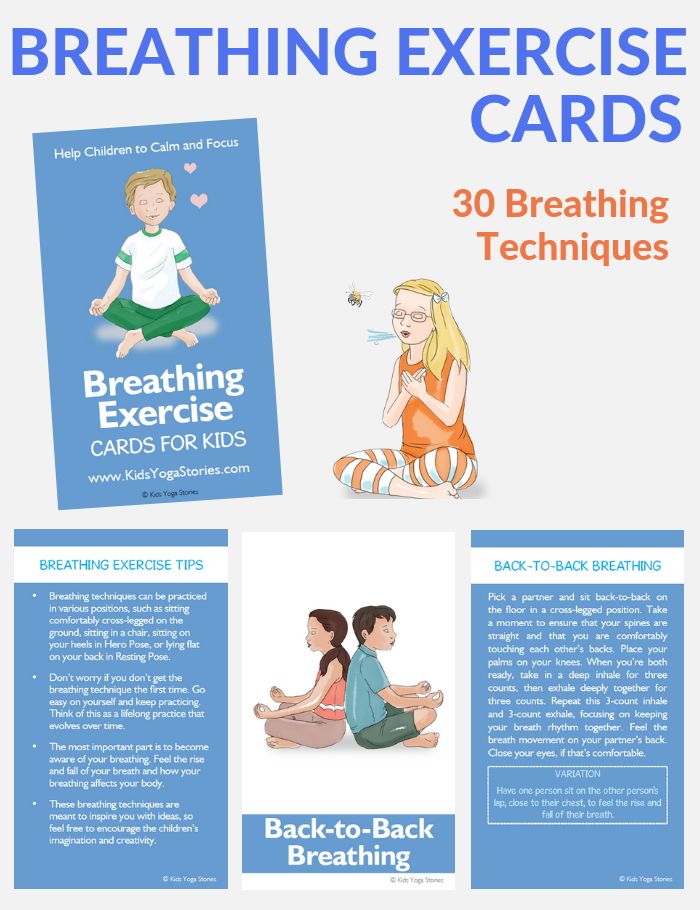
The food your kid eats fuels their body and mind, and may directly impact their mental health and behavior.
Eat Breakfast DailyAccording to a study published in Frontiers of Human Neuroscience, eating a good breakfast each morning before school correlated with a positive effect on children's academic performance, particularly their math and arithmetic grades.
Nix Artificial Colors and PreservativesIn another study published in The Lancet, researchers found that artificial colors and specific preservatives in food (like sodium benzoate) increased hyperactivity in both 3-year-olds and 8-9-year-olds.
Reduce Sugar for Better Health OverallMany parents point to sugar as a culprit for their kids’ unfocused, hyper behavior, but generally, studies don’t back that up.
A study published in Nutrition Bytes in the late ‘90s concluded the “available data” – past studies that observed the effects of sugar on children after they consumed it – were “unable to link sugar to either behavioral or cognitive dysfunction.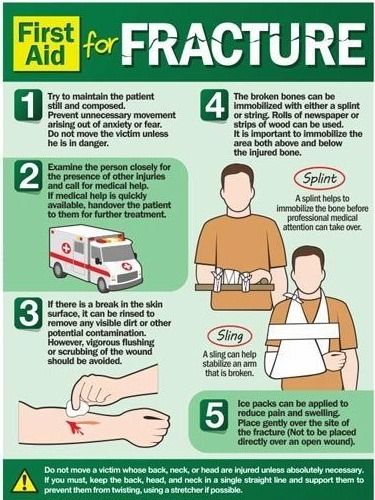 ”
”
In other words, sugar didn’t cause hyperactivity or inattention after children ate it.
That said, sugar or sucrose is a high-calorie sweetener that has little to no nutritional value. Studies have shown a link between excess sugar consumption and cell aging as well as deficiencies in memory and cognitive functioning.
Finally, let’s not forget that another risk stemming from a high-sugar diet: diabetes, both type 1 and type 2. Diabetes can affect the brain in many ways, including decreased functional connectivity, which is how different brain areas that share functions communicate.
Too much sugar as a regular part of a child’s diet is dangerous. For better health, which can contribute to better focus, cut back on sugary snacks, drinks, and processed foods in your child’s diet.
5. Natural Remedies
Natural remedies may play a supporting role alongside other strategies for improving child focus.
These aren’t miracle cures, but rather additional ways to help center your child, promote good health, and improve their well-being. All of these things will make it easier for them to focus when they need to.
All of these things will make it easier for them to focus when they need to.
Natural remedies for better focus may include:
- Vitamins and supplements
- Meditation and mindfulness
- Yoga
- Essential oils/aromatherapy
Let’s explore.
Vitamins and SupplementsThe nutrients that are critical for a healthy brain in any person include vitamins and minerals like zinc, vitamin B, iron, vitamin A, vitamin C, and magnesium. If your child has trouble focusing, try incorporating more foods into their diet that are rich in these nutrients, including:
- Broccoli
- Dark, leafy greens like spinach and kale
- Oranges
- Red peppers
- Bananas
- Tuna
- Salmon
- Beef
- Beans
- Nuts and seeds (like pumpkin seeds)
If the foods they eat aren’t enough, supplements can help your kids get the nutrients they need, too. A few tips to keep in mind:
- Look for trusted brands with the United States Pharmacopeia (USP) seal on the label – it’s a marker of a quality product made to certain high standards.
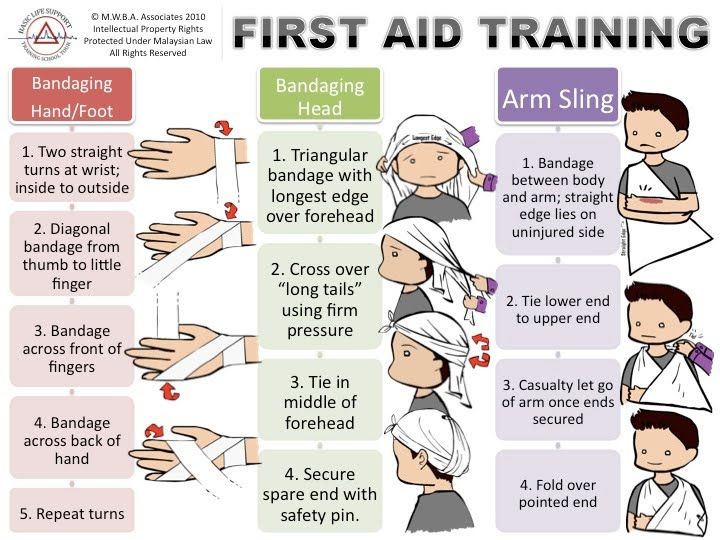
- Don’t forget to note the percentage of DV (daily value) for each nutrient in the supplement. If a brand promises more than 100% DV for a nutrient, skip it. Any nutrient in large doses can be toxic.
Mindful meditation isn’t just for adults. It turns out kids can benefit from the practice, especially if they have trouble with focus and concentration.
The deep belly breathing I recommended in section 1 is a great place to start. Calming the breath also helps calm the body and mind, and gives your child a chance to have a moment of stillness. This can help their thoughts settle and sharpen their focus.
There are lots of apps out there that can provide guidance on meditation for kids, too. Just a few include:
- Headspace Meditation for Kids
- Smiling Mind
- Breathe, Think, Do Sesame (for younger kids ages 2-5)
- DreamyKid
Yoga is a practice that combines mindfulness and meditation with bodily movement. Many studies have found yoga to be effective at helping kids gain greater calm and focus, and even increased their self-esteem.
Many studies have found yoga to be effective at helping kids gain greater calm and focus, and even increased their self-esteem.
To get your child started with yoga, check to see if there are any kids’ yoga classes at your local fitness or rec center. You can also find beginner yoga videos on YouTube and follow along with them as a family.
Essential OilsWhile there is little scientific evidence to back up the efficacy of essential oils for improving focus, there is plenty of anecdotal evidence in their favor.
Plants and their oils have been used for thousands of years for healing, health, and wellness. Besides, having another natural remedy in your toolkit for calming and centering your child isn’t a bad idea.
The most common way to use essential oils is to dilute them with water and diffuse them into the air. Breathing in the scent of certain oils (aromatherapy) can help your child feel calmer and more focused by activating smell receptors in the nose, which may trigger certain areas of the brain, including the emotional center (the limbic system).
Some essential oils that are known to help with focus include:
- Lavender
- Roman chamomile
- Lemon or orange
- Ylang ylang
- Vetiver
You can buy essential oils at your local health food store. They’re also available online from various retailers.
6. Therapies, Exercises, and Games
If you’re looking for a concrete way to practice focus and concentration with your child, you’ve come to the right place.
Cognitive-Behavioral TherapyOlder kids displaying symptoms of ADHD like lack of focus, impulsiveness, inattention, and hyperactivity may benefit from cognitive-behavioral therapy (CBT). This type of talk therapy helps kids examine their thoughts, behaviors, and feelings and encourages them to replace negative ones with positive connotations.
CBT is especially good at uncovering thought biases your child may have about themselves that contribute to low focus. This therapy helps your child change those negative patterns of thinking for the long term.
This therapy helps your child change those negative patterns of thinking for the long term.
Usually, CBT is done with a licensed therapist, counselor, social worker, or psychiatrist. It’s also effective at treating mental disorders like anxiety, depression, obsessive-compulsive disorder (OCD), and sleep disorders.
To find a therapist who uses CBT as an ADHD treatment, consult with your doctor for recommendations. You can also search for therapists online on the Association for Behavioral and Cognitive Therapies website.
Art, Music, and Play TherapiesFor children of all ages, therapies that use a hands-on approach can help improve issues like distraction, hyperactivity, inattention, and lack of focus. The most common include art, music, and play therapies.
- Art therapy – Art therapy teaches children to focus on artistic techniques like painting, drawing and sculpting to help them learn to hone their concentration, clear their mind, and express themselves.
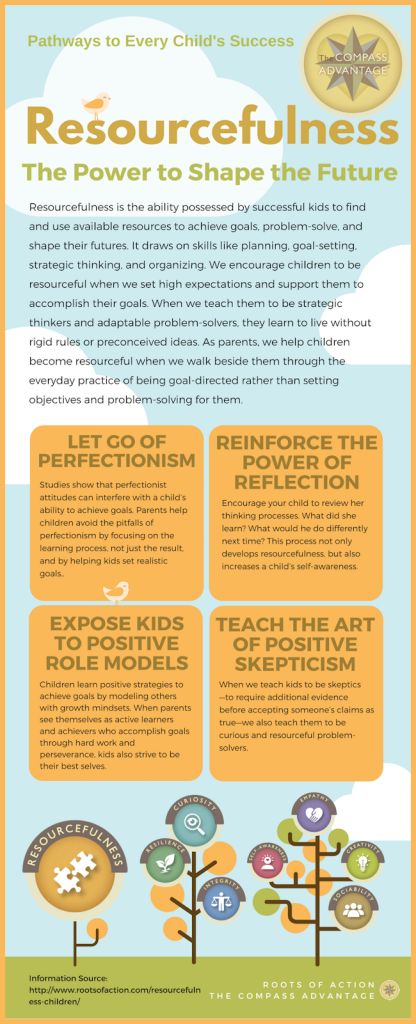
- Music therapy – The rhythm and structure of music provide a solid framework for improving focus, attention, and clarity in a scattered and distracted mind. During music therapy, your child will learn to play music, but also play in collaboration with others and write songs – all activities that are beneficial to the brain in more than one way.
- Play therapy – Play is an essential part of growing up for all children. For kids who struggle with focus, play is also a good way to explore their feelings and connect with others. During play therapy, play is used to redirect uncomfortable emotions and gives an outlet for others that would otherwise lead to bad behavior.
Biofeedback is a therapy that teaches you to monitor and change physiological activity such as your breathing rate, heart rate, and muscle function. With this ability, you can return your body to a calm, optimal state even in stressful situations.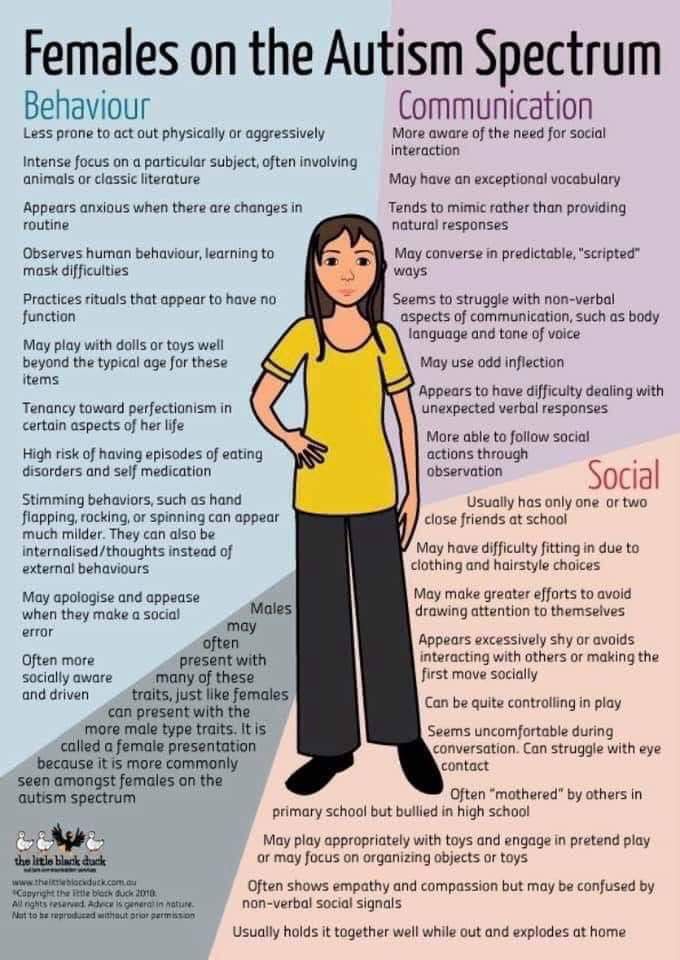
Neurofeedback is a type of biofeedback that focuses on your brain waves. During a training session, your brainwaves are monitored using scalp sensors. A therapist uses this information to help you recognize when your brain is operating at the optimal level.
While it sounds complicated, kids as young as six have seen improvements in focus, attention, and memory after they completed neurofeedback therapy. Granted, this isn’t a one-and-done cure, but rather a supplementary treatment that should be used alongside other treatments.
Focus Games for KidsBeyond therapies, there are additional games you can play with your child to promote focus, attention, and concentration. It’s a fun way to practice these skills without your child being any wiser.
A few simple ones you can do anywhere include:
- I spy – Playing this game can teach your child to slow down and appreciate the world around them. The goal is to pinpoint one small element of the environment – for instance, a small yellow flower, a stop sign, or a puffy cloud in the sky – while the other person asks questions to guess what it is.
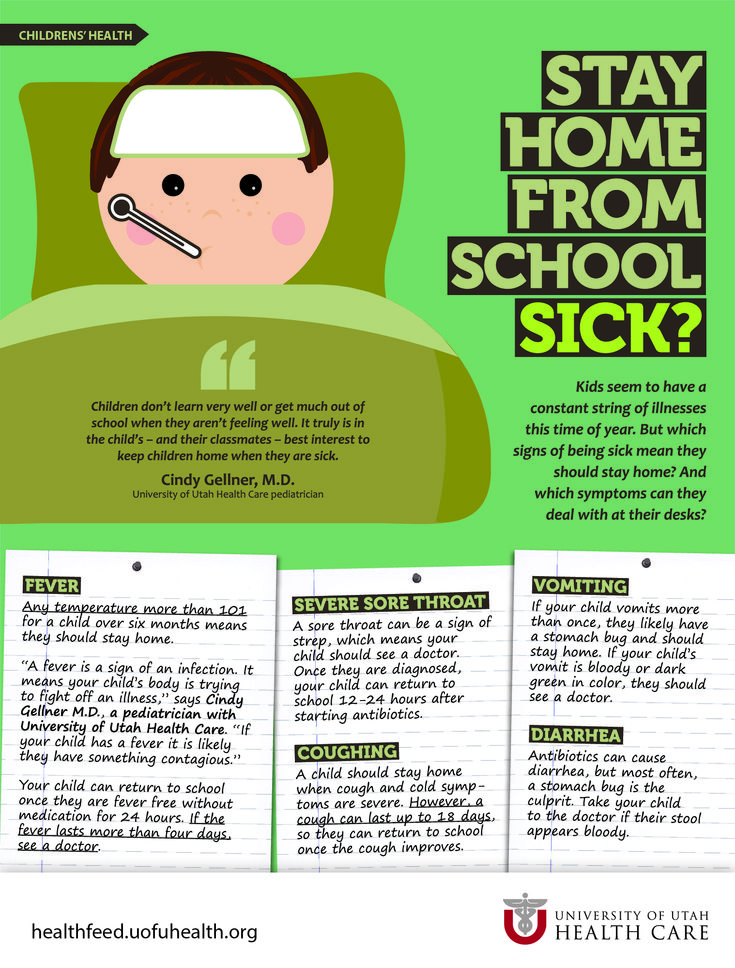
- Safari walk – Go on a walk around your neighborhood or at the park. The goal of the game is to find as many bugs, birds, animals, and living things as they can. Anything that moves, flies, crawls, or swims is fair game.
- Turn to stone – Ask your child to lay on their back and close their eyes. Tell them to squeeze and scrunch every single muscle in their body as hard as they can: eyes, face, arms, hands, legs, feet, etc. Tell them to imagine they’re turning to stone. Hold for a few seconds, then have them relax. This exercise is especially useful for when your child is feeling frustrated or angry, as it gives them an awareness of their body and where they might be holding tension physically.
Parents, don’t forget that you can train yourself to encourage focused behavior in your child and improve your bond with them.
Parent training helps you recognize and praise positive behaviors when you see them, ignore mildly negative behaviors, and address major misbehaviors constructively.
You can usually find parent training resources in your community. Check the local library, search online for parent training classes in your area, or ask your child’s counselor or teacher for recommendations.
Conclusion
Focus and concentration aren’t totally inherent qualities. Even if your child is constantly distracted, unfocused, and hyperactive, they still can build skills and gear their brains for better focus.
Every parent’s approach will look different because every child is unique. The strategies you use, therapies and exercises you try, and routines you implement are dependent on your home life, your child’s needs, and what will work best for your family.
Finally, remember that no single technique is a cure-all. However, if you use a combination of strategies, you might find you have better luck and bigger improvements than relying on one alone.
Time, patience, and dedication are essential to improve your child’s attention and focus in any environment. If you don’t see changes at first, don’t lose heart. You’ve taken the first few steps to ensure your child has the skills to succeed no matter what life throws at them – keep going!
If you don’t see changes at first, don’t lose heart. You’ve taken the first few steps to ensure your child has the skills to succeed no matter what life throws at them – keep going!
Are you looking for another way to help your child focus? Check out Revibe Connect— the first 'Focus Tracker' on the market.
How to help your child concentrate: 7 tips
How do you return to work after free leave? Get up on an alarm clock, fit into a routine, do what you don’t want to do at all? Multiply these vivid sensations by at least five and get your child's experiences before school days. Sitting through a lesson or concentrating on homework is especially difficult for a child in the first weeks of school. Here are some tips to help you focus and get into a work rhythm.
Follow the daily routine
It will be easier for the child to start work that requires concentration and patience if he knows the time when this will happen.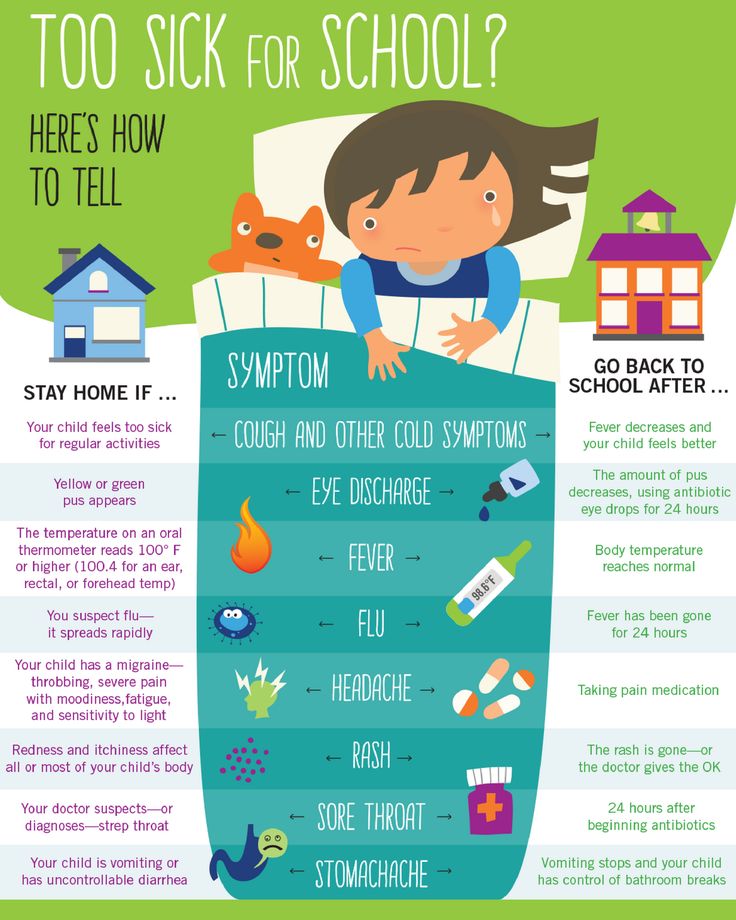 There are many handy applications on the Internet that will help you quickly create a schedule. Print it out and hang it on the door or in the nursery, not for beauty, but with the determination to fulfill what is written. Do not forget that doctors recommend two hours of daytime sleep for first-graders. If you have to deviate from the usual schedule, it is better to discuss this with the baby in advance.
There are many handy applications on the Internet that will help you quickly create a schedule. Print it out and hang it on the door or in the nursery, not for beauty, but with the determination to fulfill what is written. Do not forget that doctors recommend two hours of daytime sleep for first-graders. If you have to deviate from the usual schedule, it is better to discuss this with the baby in advance.
Do not forget about regular physical activity
Physical education and sports are known to increase the level of serotonin in the brain, which is often called the “hormone of happiness”. Set aside at least 30 minutes a day for physical exercises, do exercises regularly, choose a section that your child likes. Physical activity will not only keep you healthy, but also help improve your concentration. Often children experience anxiety due to excess energy, and they must be given the opportunity to “splash it out”, for example, by running a race on the street or doing morning exercises.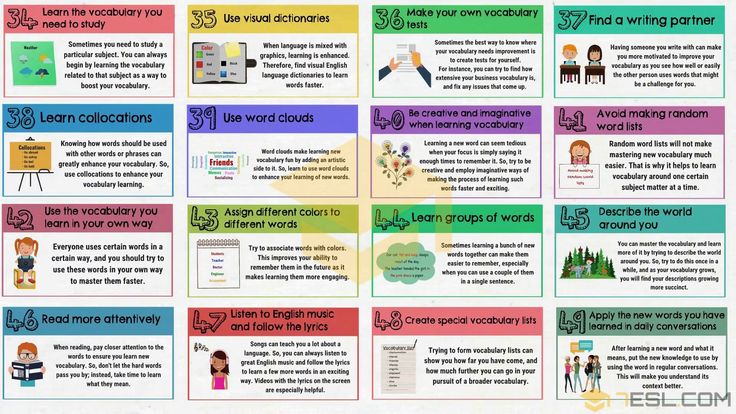 Then it will be much easier to focus on your studies.
Then it will be much easier to focus on your studies.
Watch your diet
To reduce your child's nervousness and hyperactivity, try to limit the amount of processed foods and sugar. Instead, include more fresh fruits and vegetables on your menu. We have already written how to teach a child a healthy attitude to food.
Keep motivated
The child must understand what he is working for. For example, if the kid is not distracted, capricious, spends less than an hour on the task, does it accurately and without gross mistakes, let him play his favorite game or do what he is interested in the rest of the time.
Our reader told me that she and her child made a list of prizes for lessons done on time: ride a swing with mom, bury a treasure in the park, feed ducks in a pond, fix a bike with dad, make a house out of a box for a cat. Before sitting down for homework, the son chooses a “prize” each time.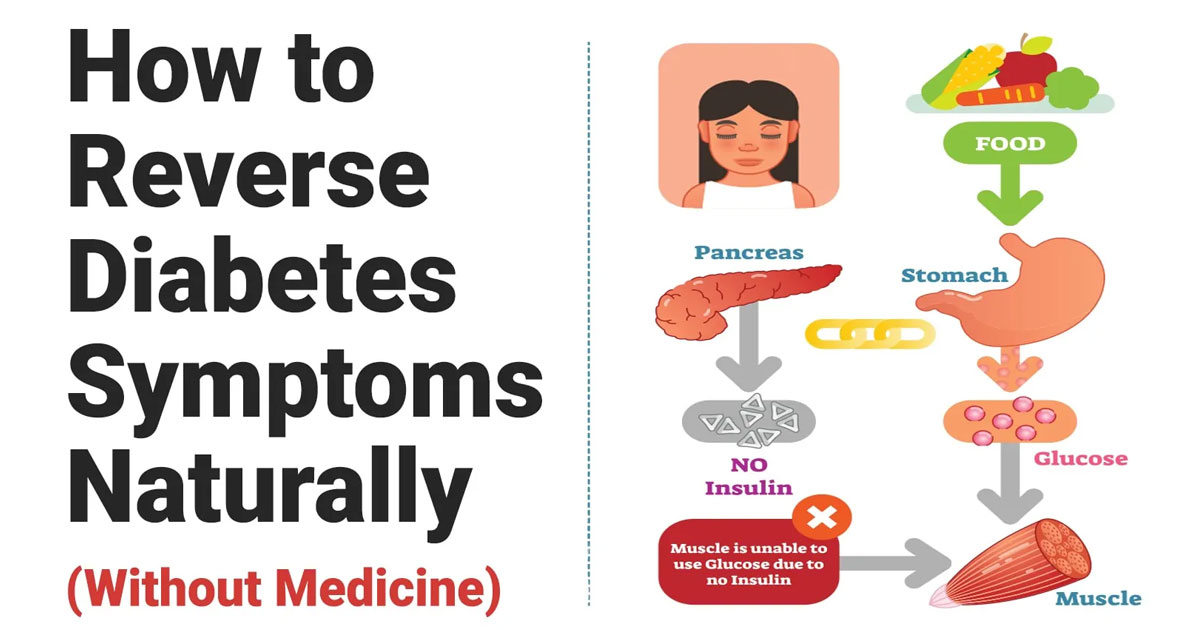
Take breaks
Psychologists recommend that children aged 3-9 take a break every 15 minutes, but in ordinary life this is hardly possible. So schedule 10-15 minute breaks every hour or two. Many active kids find it easier to focus for fifteen minutes and then take a break. Here are some ideas for a sensory mini-pause: jumping up and squatting, crawling under chairs and “like animals”, anti-stress toys, stretching the expander, climbing on the Swedish wall. If your toddler finds it difficult to sit in a chair for long periods of time, try using a timer and breaking up a large task into subtasks.
Remove distractions
It is clear that you can’t cook porridge if a grandmother watches a series every day next to the child’s workplace or a sister prepares for a singing competition. Even in a small apartment, you can create a “calm corner”, agree that during the time allotted for homework, loved ones try not to make noise and not distract the baby.It is important to ensure that the child has everything he needs at hand, but for now it is better to remove gadgets.
Inquire
This task requires a creative approach, but it's worth a try. If the kid is bored with the textbook, yawns and cannot get off the ground, try to interest or at least stir him up a little. Tell, for example, where the numbers came from or imagine what each of them looks like. If the child is learning a poem, come up with a continuation of it together or remember an interesting fact about the author. Do everything so that classes do not seem like a joyless routine.
Although all this takes time and effort, the result is worth it. In the end, given your child's learning style, his temperament, you will find a way to help him learn with passion and maintain motivation.
Read also:
How to grow an independent personality
So restless! How to survive with a hyperactive child
Let's go to school! How can you help your child adjust?
Photo: en.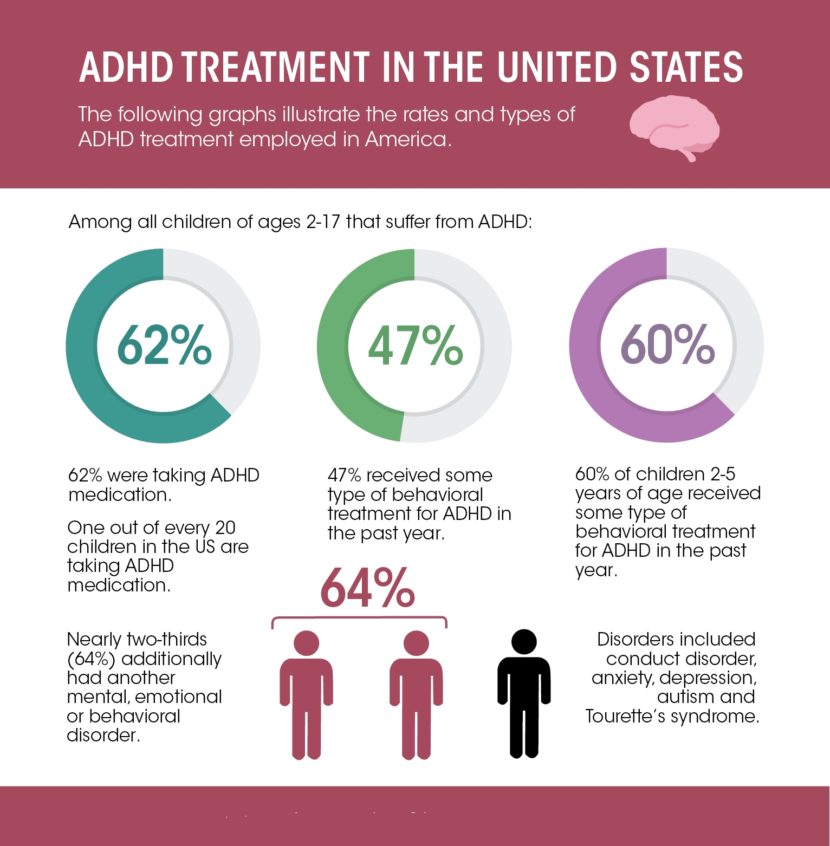 freepik.com, Shutterstock
freepik.com, Shutterstock
development
Why your child cannot concentrate and how to fix it
“How absent-minded you are”, “Be more attentive, pull yourself together!” - parents and teachers often say this to children who find it difficult to concentrate on any task. But can a child with such a problem solve it by sheer force of will? And how to help if he can't concentrate? Child analytical psychologist Maria Kulenkova shares her recommendations.
Maria Kulenkova, child analytical psychologist
Why it is difficult for a child to hold attention
The younger the child, the shorter the period of time during which he is able to hold attention: at an early age it is only five to nine minutes. Toddlers can quickly switch between objects, and this is normal: this is how excitation and inhibition in the cerebral cortex alternate at their age. And the work of the child's brain is a delicate process that depends on many factors, including the environment in which the child is on a daily basis.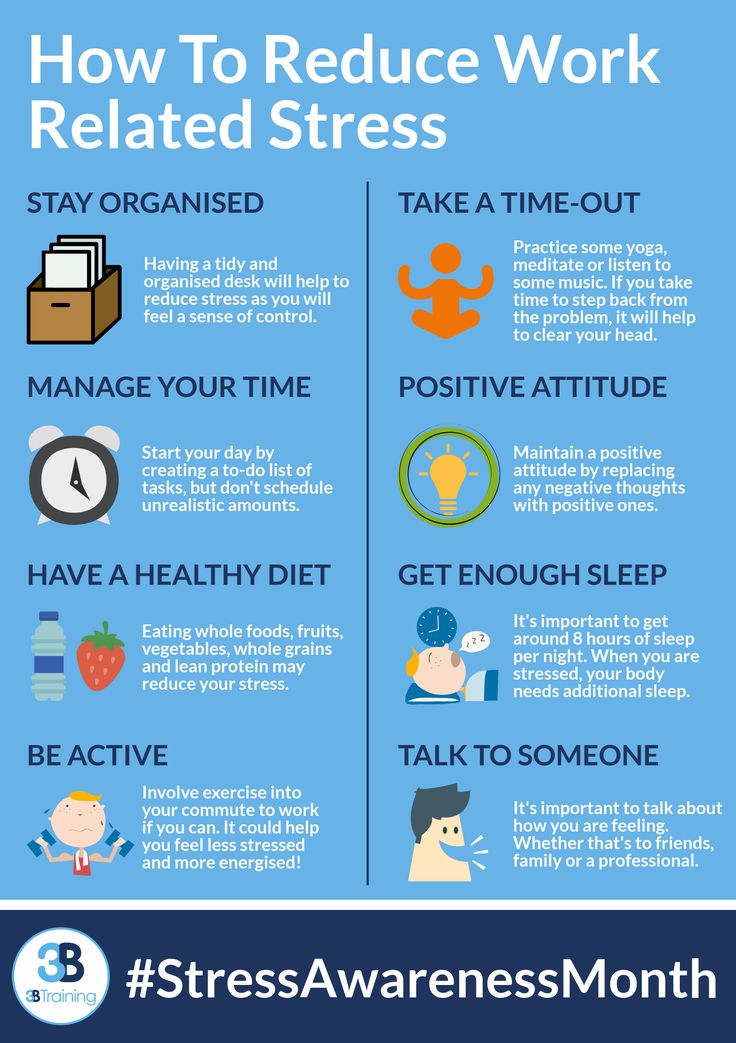
Influence of gadgets
If your children have uncontrolled access to gadgets, it affects their ability to concentrate. A long stay at a computer, TV, tablet or smartphone tires the child's psyche. Attention becomes unstable, scattered, it is more difficult for the child to gather and concentrate on less bright objects. Modern technologies are important, necessary, but while you are dealing with a fragile and developing nervous system, it is important to limit such intense flows of information that can quickly overload it.
Importance of a family atmosphere
One of the most important factors in a child's development is psychological safety. If a child feels love, acceptance, care, if not only his physiological needs are satisfied, but also psychological, emotional, then attention will be stable, long-lasting. The child will be able to easily concentrate and do interesting things for a sufficient time for him.
The reverse is also true: a difficult atmosphere in the family only hinders full development.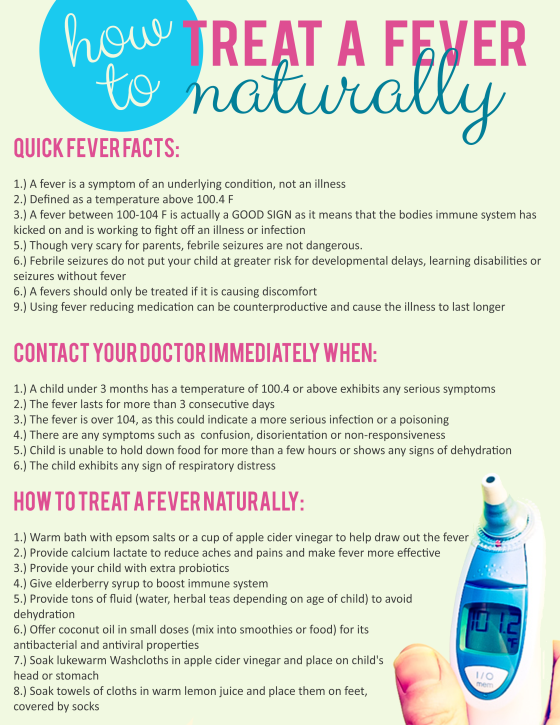 Neither attention nor other components of cognitive processes can function normally if the child:
Neither attention nor other components of cognitive processes can function normally if the child:
-
worries about the fact that he does not meet the expectations of parents and their requirements, often too high;
-
fears punishment or negative evaluation;
-
feels his own insecurity in the face of a large threatening world.
It is useless to put pressure on a child if something does not work out for him, he will not be able to concentrate on the task. It is important to create an atmosphere of goodwill, acceptance, soft support in the process of learning or training.
If you worry too much that the child may be bored, constantly and often change toys, pictures, books in front of him, occupy him endlessly, the child will not learn to control his attention and his concentration. It is important to give the child more time, wait for the cognitive interest to awaken, and be careful in supporting this interest.
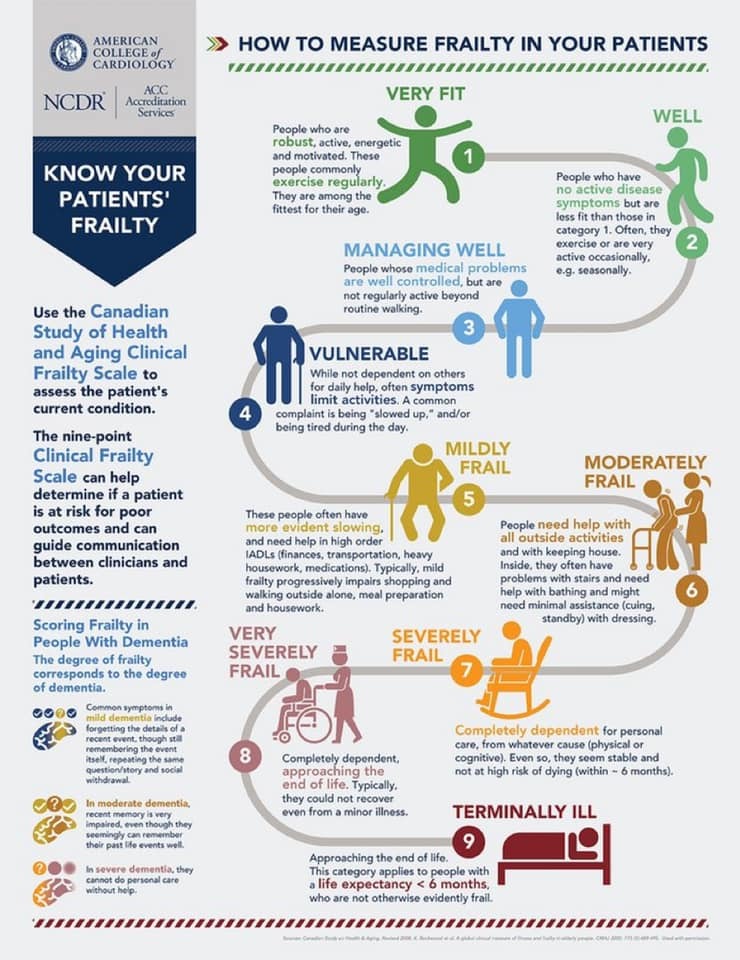
Physiological features
There are cases when the inability to maintain attention is caused physiologically: trauma, genetic diseases, mental retardation and other abnormalities. In this case, the problem manifests itself already in early childhood and will be clearly visible to a neurologist, psychoneurologist. If the concentration of attention is reduced due to psychological trauma or the immaturity of the nervous system, then it is possible to turn to a neuro- and child psychologist for the purpose of diagnosis and correction.
How to Develop Concentration
The ability to concentrate on any task without being distracted is an important condition for mastering any skill. You can train this from the first months of life. After all, the attention of a child begins to develop from the very moment the functions of visual focusing of the gaze mature, and this happens even before the age of three months.
The first months of life
As early as a month, the baby can concentrate on a large object, his mother's face, begins to build social relationships with her, smile, turn his head in the direction from where his mother's voice is heard. During this period, almost all games serve to develop attention, motor skills, and thinking of the child. A child’s reliable attachment to his mother, a sense of security, full-fledged care for the child’s needs create the basis for the all-round harmonious development of a growing person.
During this period, almost all games serve to develop attention, motor skills, and thinking of the child. A child’s reliable attachment to his mother, a sense of security, full-fledged care for the child’s needs create the basis for the all-round harmonious development of a growing person.
Early childhood
At an early age, the game is primarily an occasion for personal contact with the child. During this period, starting from the age of one, you can play with children simple games to develop attention, such as hide and seek. Use musical instruments: ring the bell, bell, rattle, knock on the drum without showing them to the baby, and ask him what it sounds like. It is very helpful to just listen to music and discuss it. Build turrets with construction toys, read books and ask questions about the content, look at pictures, start sorting objects - all this will be useful for training concentration.
Be emotional in these games: it attracts attention, motivates, stimulates the cognitive activity of the child.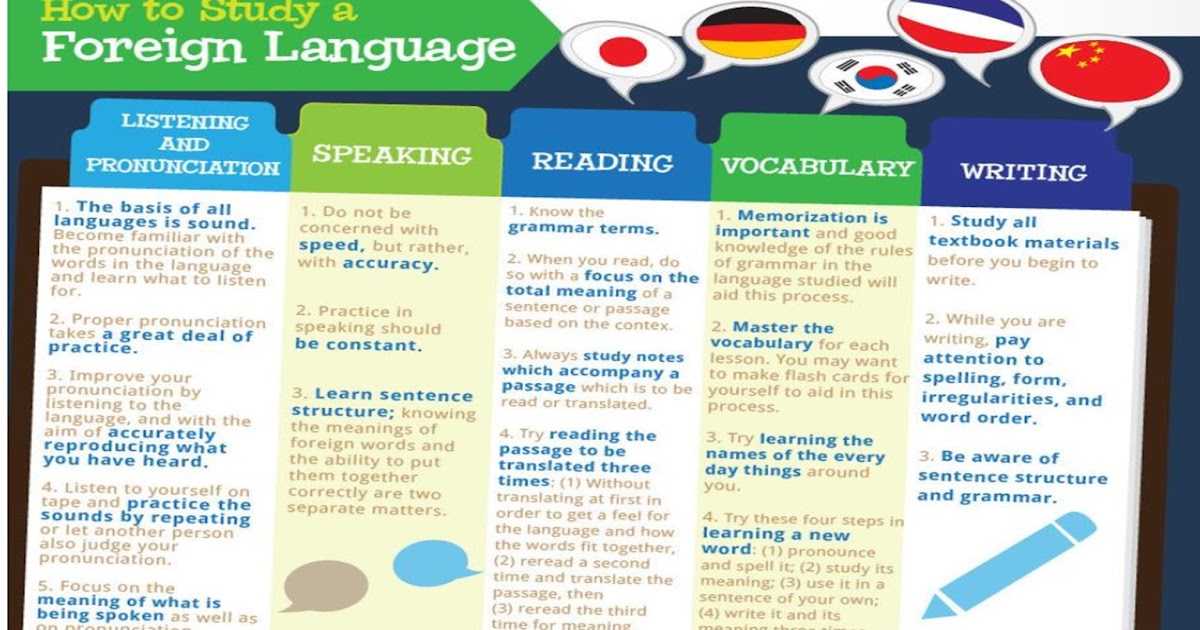 It is very important that you do not rush the child and do not express your dissatisfaction if he does not respond very quickly. Otherwise, the baby will begin to worry that he does not meet your requirements, that he is “behind”. At the same time, the higher mental functions - thinking, memory, attention - are immediately turned off, and all energy is directed to the survival and preservation of the psyche.
It is very important that you do not rush the child and do not express your dissatisfaction if he does not respond very quickly. Otherwise, the baby will begin to worry that he does not meet your requirements, that he is “behind”. At the same time, the higher mental functions - thinking, memory, attention - are immediately turned off, and all energy is directed to the survival and preservation of the psyche.
Preschool age
For preschool children, there are a lot of good printed publications with tasks for attentiveness: these are drawn labyrinths and pictures where you need to look for differences. There are many games that are suitable for a large group of children. It is in the preschool period that children become truly interested in communicating with their peers.
How many hands. The driver sits in the center of the circle, substituting the back for the rest, you can close your eyes. The rest of the players put their hands on the back of the driver, and he needs to guess how many hands have touched him at the moment.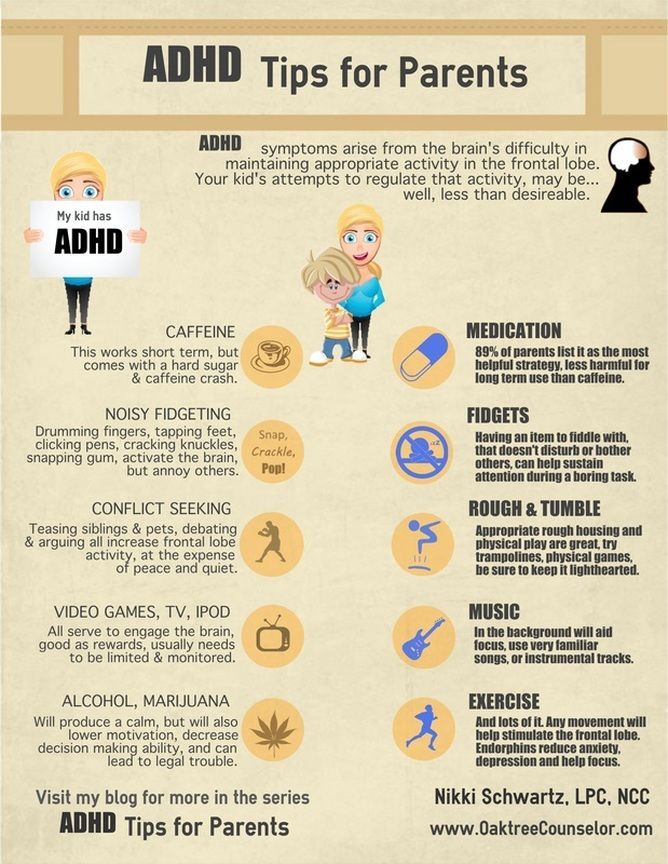 This develops attention, tactile perception, self-control and communication skills of all players.
This develops attention, tactile perception, self-control and communication skills of all players.
"Ivanushka at the Stone". The driver - and it must be a child - sits in the center of the circle, exposing his back to the rest of the players. Players place their palm on his back with the back side down. The leader begins, repeating the counting rhyme, to press the pebble on the palms of the players in a circle so that the leader feels this pressure with his back. “Ivanushka played out near the white pebble!” At the last words, the host puts a pebble in the palm of one of the players on whom the rhyme stopped. Then all participants close their palms, move away from the driver and put their closed fists forward. Everyone repeats together: “Guess who, who. Point to that one, that one!" The driver gets up and tries to guess who has a pebble in his fist. Younger children do it at random, while older children can analyze the behavior of other children, developing emotional intelligence, attention and thinking.
"Floor, nose, ceiling" and various modifications of this game. First, the presenter points to the floor, nose or ceiling and names them correctly. Then he begins to confuse the players: he names one thing and shows another, while the players need to follow his verbal instructions. For example, he says: "Floor", but points to the ceiling, and here you need not to get confused, but point to the floor. Then the rule can be changed: let the players point in the same direction as the leader, not paying attention to his words.
"Repeat the rhythm." Several claps or stomps that the child can repeat in the same sequence.
Physical exercises also contribute to the development of concentration, especially if they have a competitive component. But even without it, a built-in chain of sequential actions in a game or exercise contributes to the development of attention, stress relief and the development of interhemispheric connections.
In order for your child to be able to concentrate and be attentive, it is very important that you yourself be attentive to him.
